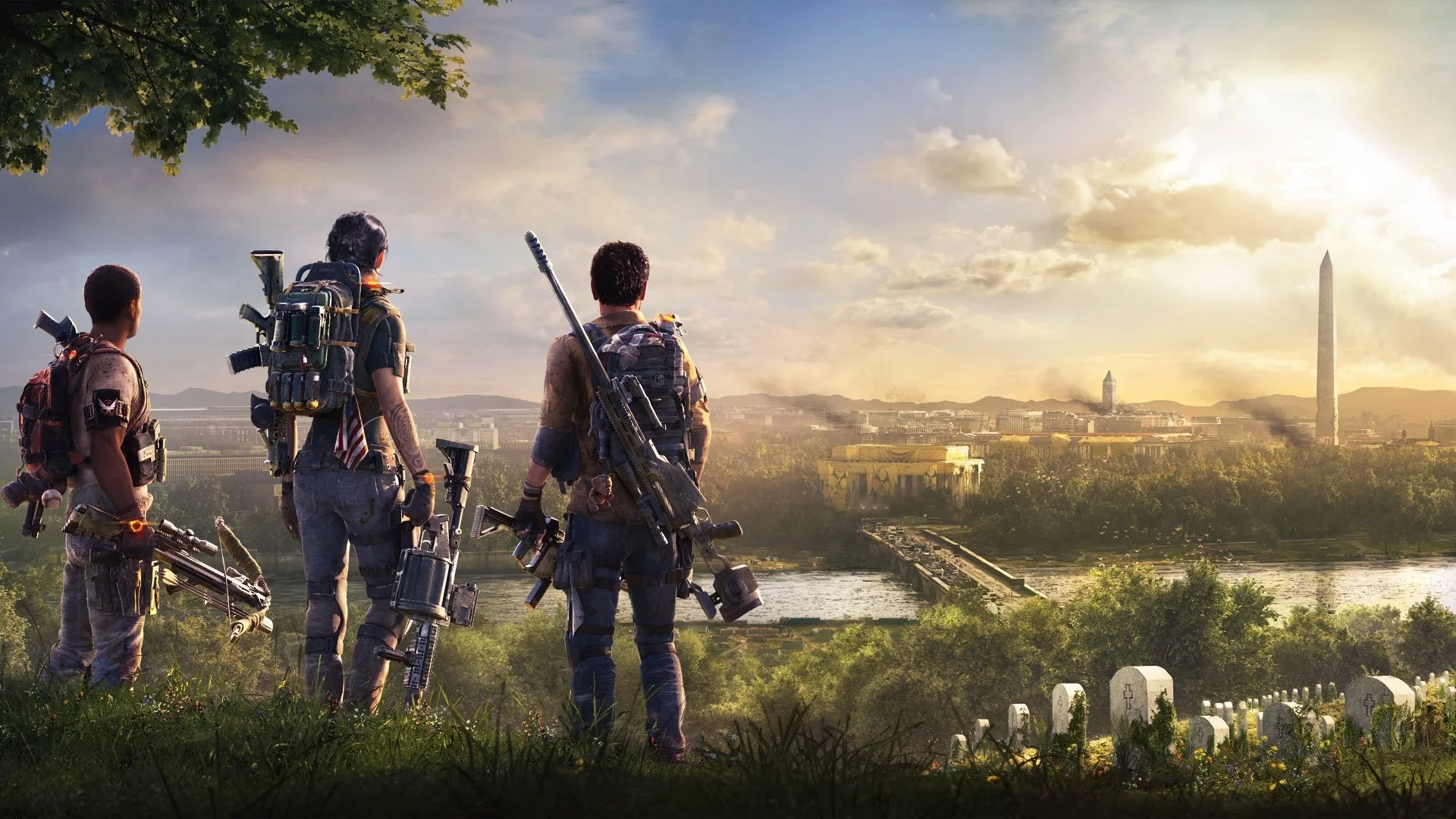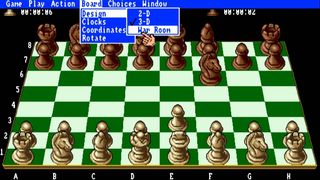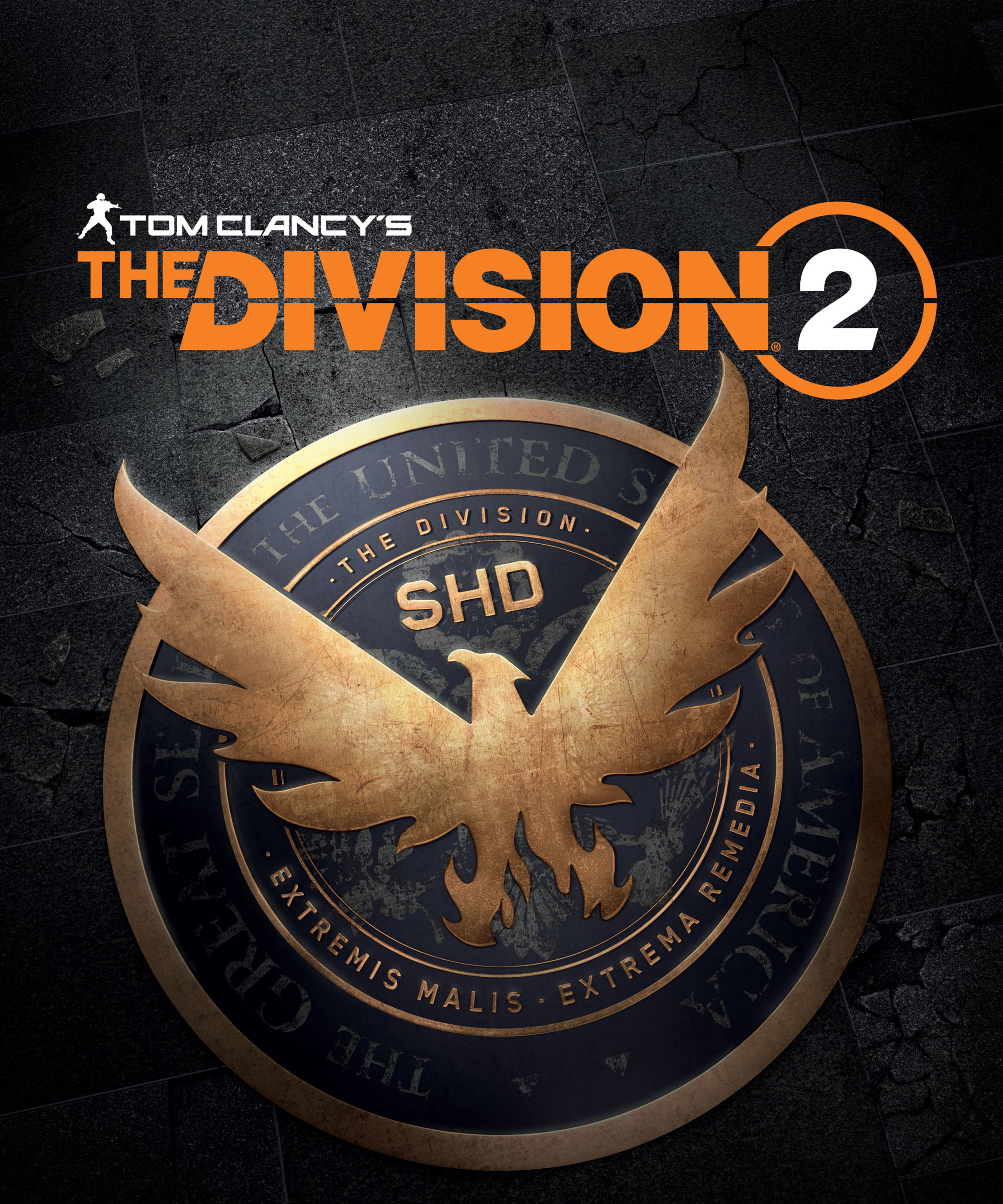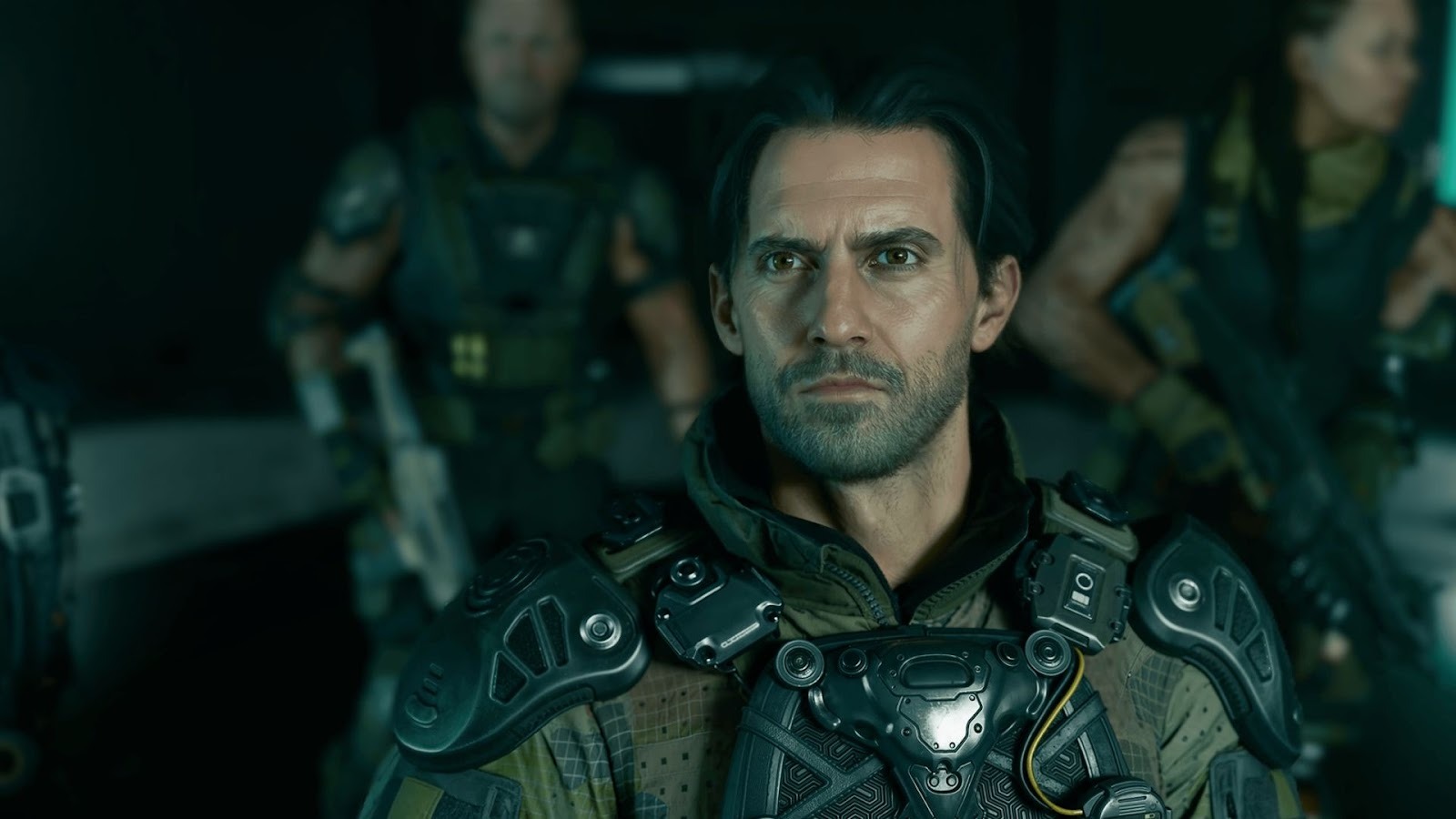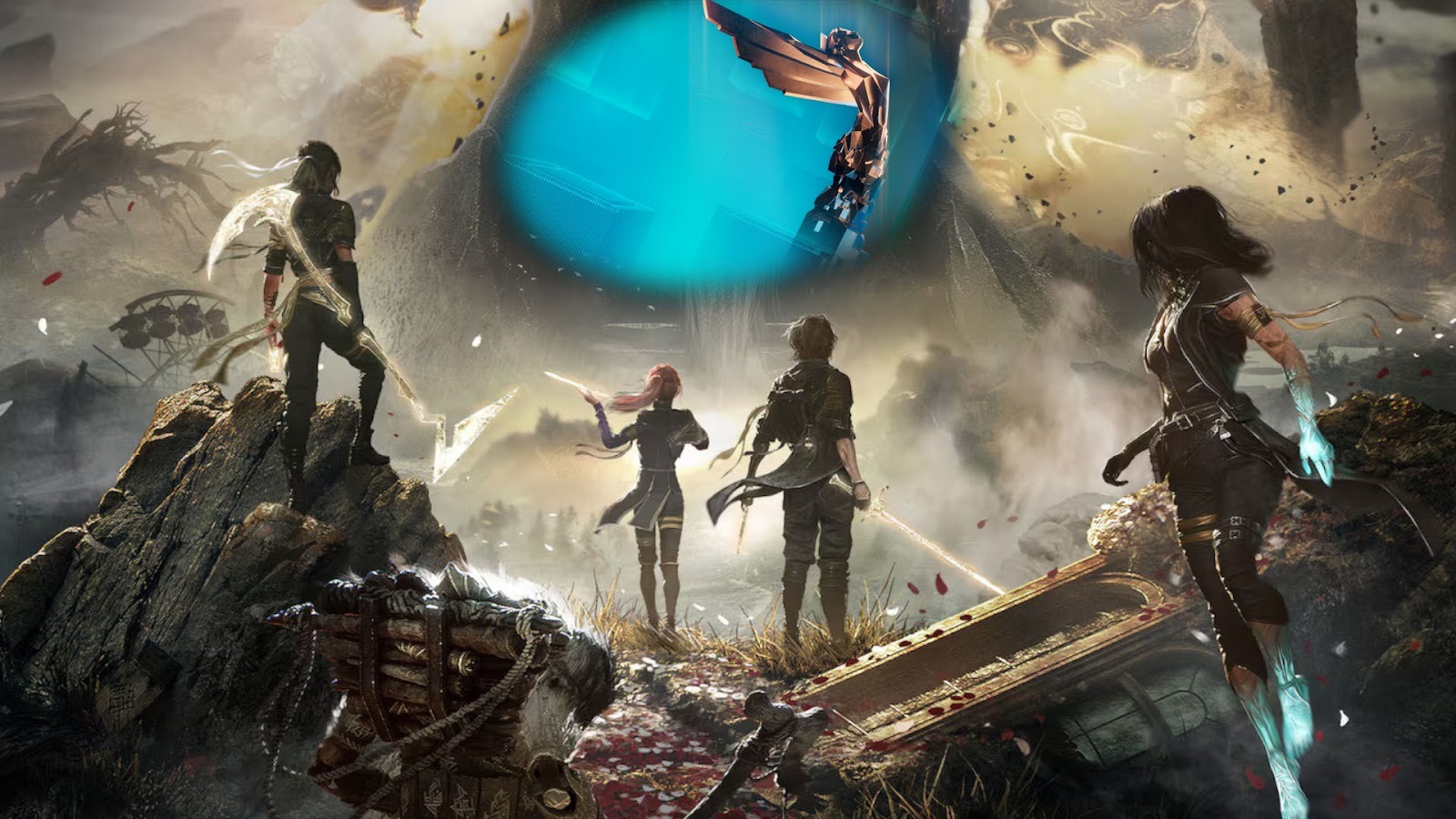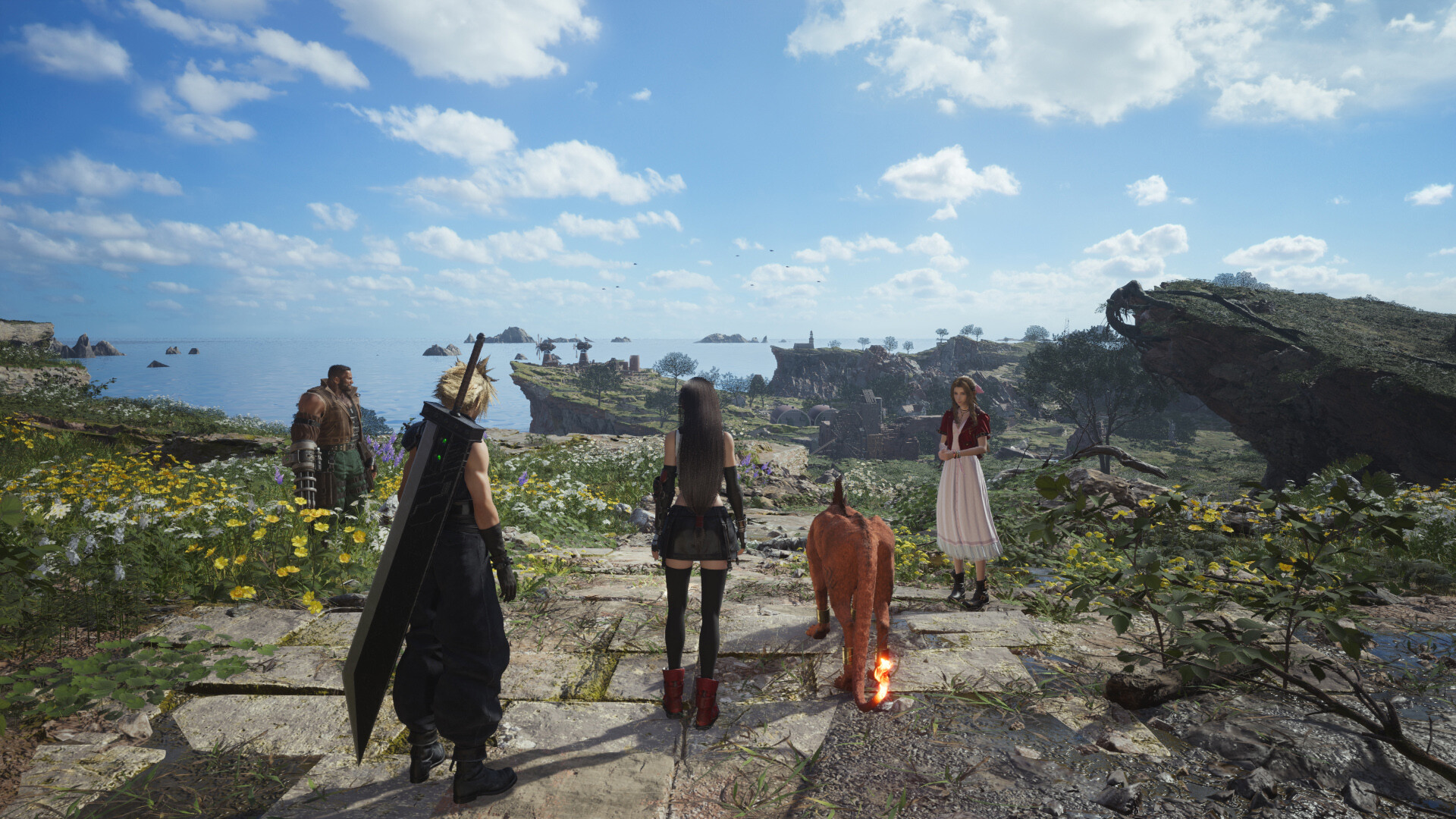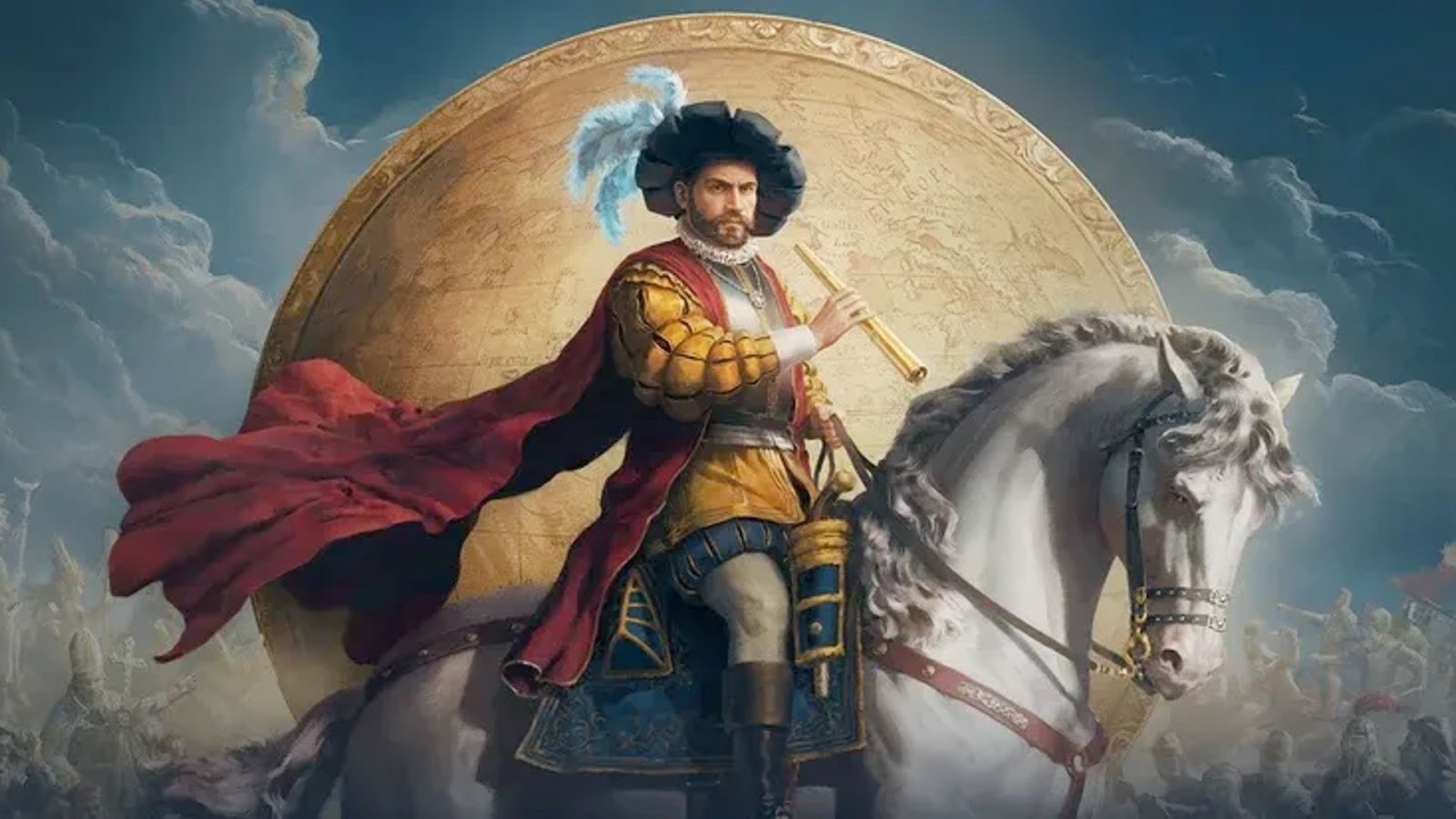You can trust VideoGamer. Our team of gaming experts spend hours testing and reviewing the latest games, to ensure you're reading the most comprehensive guide possible. Rest assured, all imagery and advice is unique and original. Check out how we test and review games here
If you’re excited about The Division 2, then I’m sorry to inform you that no such game exists. There is a game being released today (although, some of you will have been playing it since Tuesday, because that’s how games work in 2019) called Tom Clancy’s The Division 2, and that’s likely what you’re thinking of. It’s an easier mistake to make now than it was in years gone by. Before, games like Rainbow Six, Splinter Cell, and Ghost Recon bore a debt of honour to their creator: a chunky slab of gunmetal grey down the flank of the front cover, his name printed in the same font that embosses his books. Now, the Clancy seal is smaller, discreetly stamped in the upper corner, as if sent to you on executive orders.
During Clancy’s long-running relationship with publisher Ubisoft, there have been a few strange uses of the brand. The Sum of All Fears, for instance, is a game developed to tie in the film of the same name – which was adapted from the Clancy book of the same name – and yet it doesn’t carry the Clancy name. Whereas Tom Clancy’s Endwar, a real-time tactics game, is not based on a Clancy book at all. It’s a confusing state of affairs, and there is a trove of Clancy games, lost in a fog of marketing and wrapped in red tape, that slipped under the public radar.
It’s perhaps not surprising, given how tightly the Clancy name is tied to military tactics and strategy, that The Chessmaster 2000 (ironically released in 1990) is a Clancy game in all but name. Reportedly, Clancy’s people were keen to skin the game with a militarised camouflage aesthetic and sound effects, and to name it Clear and Present Checkmate. This didn’t happen, nor was Clancy’s name on the box, due to the sport of chess predating Clancy’s work, and life, by over a thousand years.
Similarly, it shouldn’t shock you that Alexander the game, based on Alexander the film, and both based on Alexander the great, was a Clancy passion project. It makes sense: what better game for Clancy than one about one of the greatest military tacticians the world has ever seen? Likewise, Crouching Tiger, Hidden Dragon – which was largely dismissed as another light-footed movie cash-in – is also linked to Clancy, who was said to have admired the resemblance that the warriors of Qing Dynasty China bore to modern day Navy SEALs.
Clancy’s work has the air of steel-skinned and the stuffy: serious men weighted by serious missions. The claims that Clancy’s work is starved of female presence might be quelled if it were more widely known that the Ubisoft-published Charlie’s Angels was, in fact, Tom Clancy’s Charlie’s Angels. The game – which was another film tie-in – was universally panned on release, leading Clancy to seek inspiration from farther afield. Tom Clancy’s Totally Spies! Totally Party, or simply Totally Spies! Totally Party, as it’s more widely known, was a party game based on French cartoon Totally Spies! Let it never be said Clancy’s work is always planted in the po-faced.
In fact, some of the lesser known Clancy games – most of which were prevented from bearing the brand name due to copyright clashes with other big names – betray a man of wide-reaching pursuits. Tom Clancy’s Shaun White Snowboarding, Tom Clancy’s Cesar Millan’s The Dog Whisperer, Tom Clancy's Peter Jackson’s King Kong, Tom Clancy’s Mike Tyson Boxing, and Tom Clancy’s Sunny Garcia Surfing. All of these would have injected the Clancy licence not just with the spice of variety but the zest of unpredictability.
Indeed, the man himself was certainly given to the unpredictable. Not much is known and even less spoken of Clancy’s foray into the world of educational video games. It’s been said that later in life he threw himself into a self-improvement spree. The clearest signs of which can be seen in a salvo of Nintendo DS releases: Tom Clancy’s My French Coach, Tom Clancy’s My Spanish Coach, Tom Clancy’s My Fun Facts Coach, Tom Clancy’s My Life Coach, and Tom Clancy’s My Weight Loss Coach (which apparently drew heavily from the US Marine Corps basic training program).
Supposedly, these projects didn’t end up carrying the name for fear of brand dilution. It's a shame, especially given the good work that Clancy did for young players. The Game Boy Advance version of Winnie the Pooh’s Rumbly Tumbly Adventure, for instance, was originally going to be Tom Clancy’s Winnie the Pooh’s Rumbly Tumbly Adventure. That name doesn’t have the baked-in warm of a children’s story to it, and none of us want to imagine the peaceful Hundred Acre Wood strafed by thrumming Apaches, but it is worthy of recognition.
By far the most outrageous, which we have to look back and laugh about now, is Just Dance. Now, while it might be gratifying to see some of the lesser-known Clancy titles enter the public consciousness, some are perhaps better left buried. In an effort to please not just younger players but whole families, Just Dance reportedly had a working title of ‘Tom Dancy’s Just Clance’. While we can all agree that this would have smudged the Clancy brand beyond all recognition, it’s nice to see a jovial side to the serious body of work associated with the name. And if you plan on playing Tom Clancy’s The Division 2 today, remember: there’s a reason some of those victory dance emotes are so eye catching.
Tom Clancy’s The Division 2
- Platform(s): PC, PlayStation 4, Xbox One
- Genre(s): Shooter, Third Person
